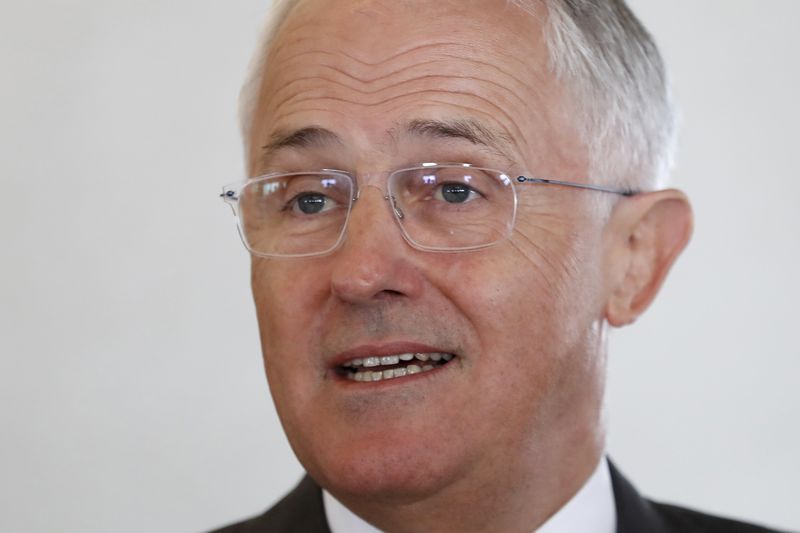By Colin Packham
SYDNEY (Reuters) - Australia's parliament returned for a special sitting on Monday to debate crucial labour reform bills which are likely to be blocked in the upper house Senate, leading to the dissolution of both houses and an election on July 2.
Prime Minister Malcolm Turnbull in March recalled parliament from a seven-week recess, only the fourth time in more than 50 years that a special session has been demanded.
The bills are likely to be blocked in the Senate by smaller parties such as the influential Greens and the main centre-left opposition Labor Party. A decision is expected this week.
The government has proposed a regulator for the construction industry, opposed by the main opposition Labor Party and trade unions, many of which believe the watchdog would place undue oversight over their operations.
Greens leader Senator Richard Di Natale reiterated his party's rejection of the legislation.
"It tells us that the number one priority isn't innovation, it's not bringing us into a new economy, it is not tackling climate change and the loss of the Great Barrier Reef, the jobs that are going because we've got inaction in managing that transition to a new economy," he said.
"Their number one priority is their own survival."
Opinion polls showed support for Australia's ruling Liberal Party-led coalition lingering at its lowest level since Turnbull assumed office last September.
Support for the coalition was 49 percent, a Newspoll found on Monday, on a two-party preferred basis where votes for minor parties are redistributed to the two main blocs according to preferences.
Turnbull retained his lead as preferred prime minister over Labor leader Bill Shorten. But his popularity has waned amid perceived dithering over tax reform, a rejection of calls for an investigation into major banks and planned cuts to spending on hospitals and schools.
The sagging polls and likely early election will add pressure on Australia's Treasurer Scott Morrison to issue a voter friendly budget on May 3.

But analysts said Morrison faces a difficult task of addressing a ballooning budget deficit of about A$40 billion (£21.65 billion) this year while shoring up electorate support.